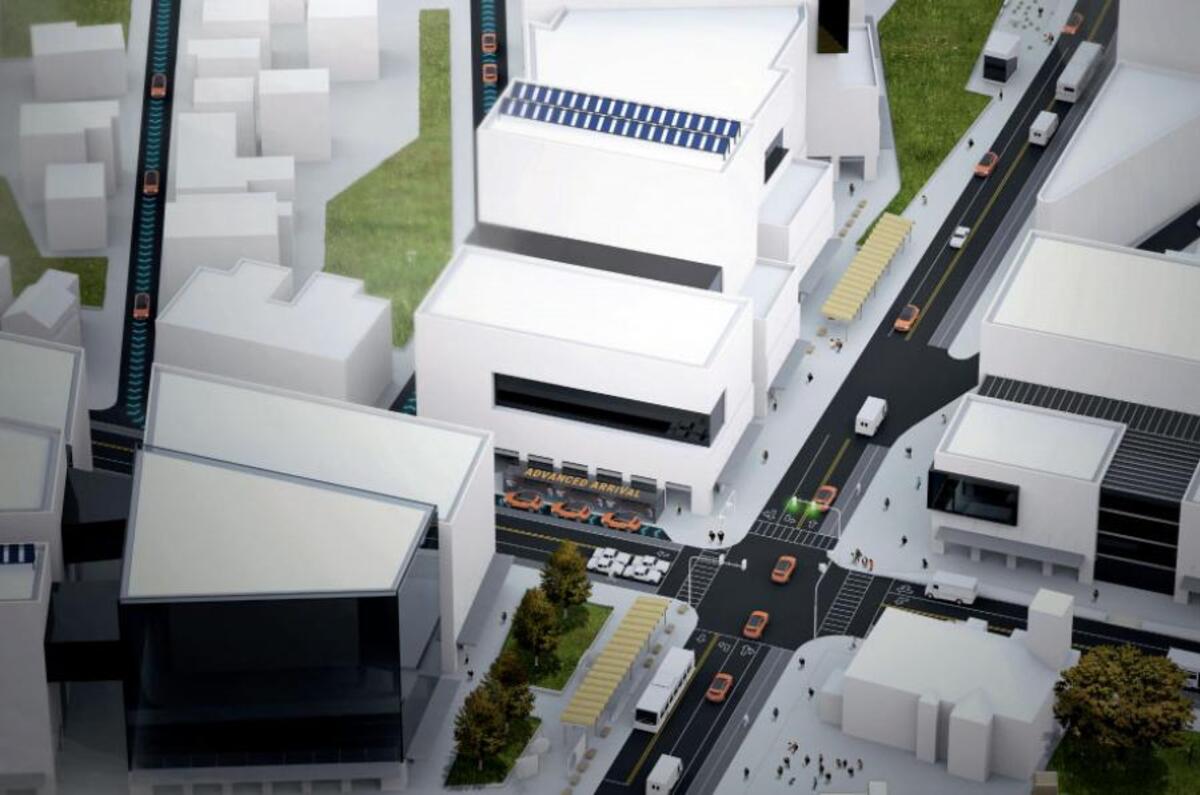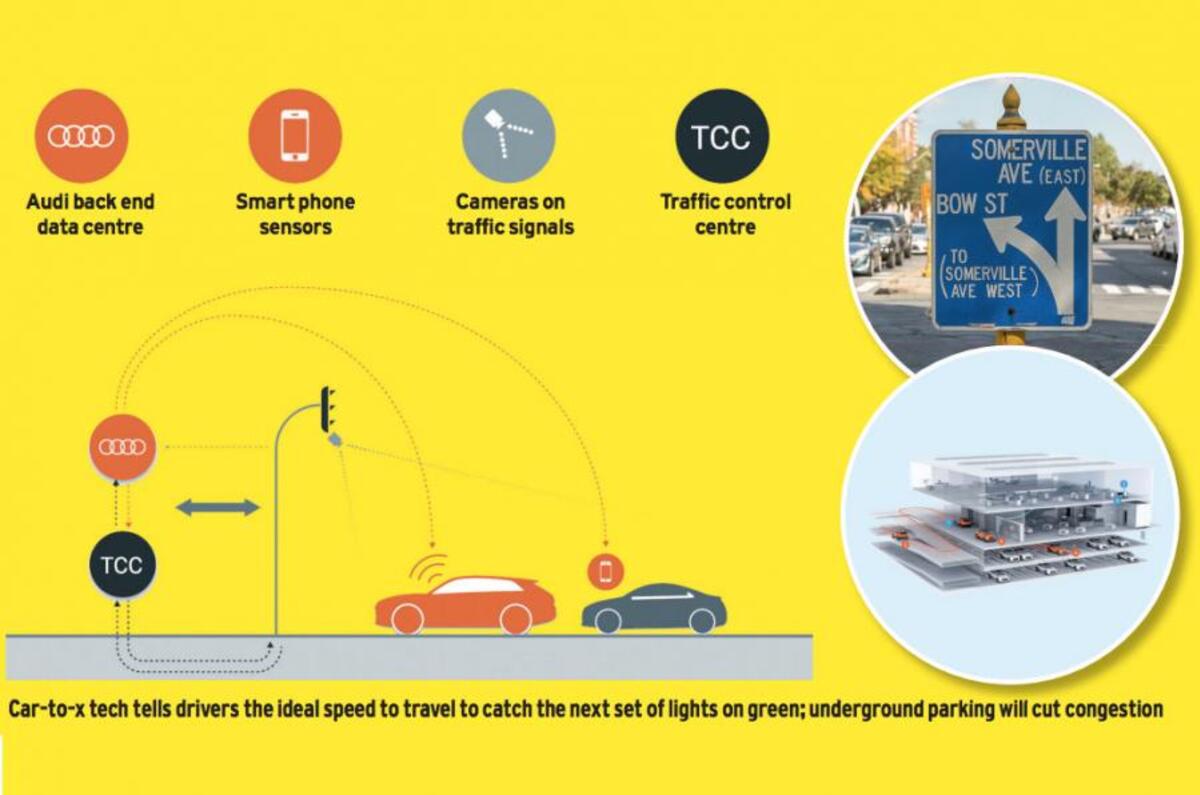If this year’s Mobile World Congress (MWC) event in Barcelona is anything to go by, we’ll all soon be connected to something called the Internet of Things (IoT). The network works just like the regular internet, except it contains actual physical things, like street lamps, traffic lights and cars.
A significant percentage of major tech firms at MWC and the following Geneva motor show agreed the motor industry is one of the most important sectors to adapt such systems, and their reason is simple: rapid population growth and urbanisation of the world mean cars can’t continue to operate in the unconnected way they currently do.
Over two thirds of the world will be living in cities by the end of the next decade, and there are already more than a billion cars clogging up our roads. So if the private car is to remain a useful form of transport - and not just a metal box in which to sit in traffic - it’ll have to smarten up by connecting to what carmakers like Seat are calling ‘mobility ecosystems’.
Read more about Seat's connected car technology
These ecosystems will connect every type of transport a city has, be it trains, trams, buses and cars, to each other and surrounding infrastructure in order to help streamline services and thin out congestion.
Seat believes systems like this will be essential to ensure the private car’s survival in the future, and has partnered up with Samsung, SAP and Accenture to develop concept technology that it hopes will be featured in its next-generation models.
So far, only a handful of car companies have shown interest, but given the speed at which driverless car technology is being developed, insiders say manufacturers can’t ignore the IoT for much longer.
Andrew Wordsworth, co-founder of AutoTrip and managing director of Sustainable Ventures, is an advocate for the tech. He believes it will help cars to become far more useful tools in our lives.
Wordsworth’s company AutoTrip specialises in collecting data for fleet vehicles to allow firms to more accurately measure business mileage, and he thinks this technology has much potential to be applied in more areas.









Join the debate
Add your comment
Short Sighted